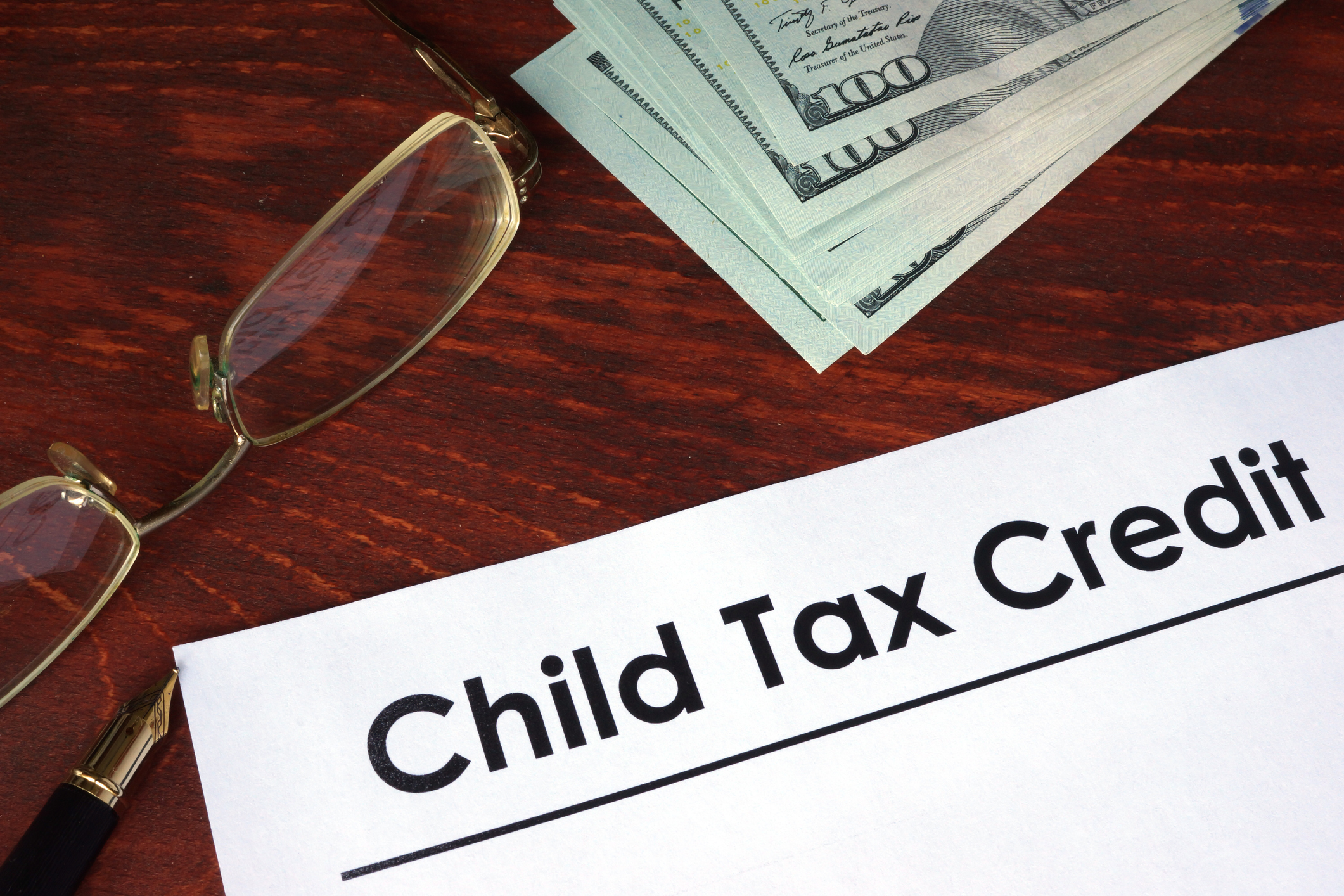Child Tax Credit: Everything You Need to Know
**What is the Child Tax Credit?**
The Child Tax Credit is a tax benefit offered by the government to provide financial support to families with dependent children. It is designed to help offset the costs of raising children and reduce the tax burden for eligible parents. The credit amount varies depending on factors such as the number of children and the parents’ income level.
Now that we’ve covered the basics, let’s dive deeper into the details of the Child Tax Credit and how it can benefit families.
Who is Eligible for the Child Tax Credit?
The Child Tax Credit is available to families who meet certain requirements. To be eligible, you must:
1. Have a qualifying child. This includes your own child who is under 17 years old at the end of the tax year, as well as stepchildren, foster children, siblings, and descendants of any of these individuals.
2. Meet income limits. The credit begins to phase out for individuals earning more than $200,000 and married couples filing jointly earning more than $400,000.
3. Have a Social Security number for your child. A valid Social Security number is required for each child claimed for the credit.
How Much is the Child Tax Credit Worth?
The value of the Child Tax Credit is subject to change, so it’s important to stay informed about the current tax laws. As of 2021, the credit is worth up to $3,600 per child under the age of 6, and $3,000 per child between the ages of 6 and 17. However, the actual amount you receive may depend on your income level.
Child Tax Credit Phases and Income Thresholds:
| Filing Status | Phase-out Begins | Complete Phase-out |
|———————————————-|——————-|——————–|
| Married Filing Jointly or Qualifying Widow(er) | $150,000 | $440,000 |
| Head of Household | $112,500 | $240,000 |
| All Other Filers | $75,000 | $200,000 |
How is the Child Tax Credit Refundable?
The Child Tax Credit is partially refundable, meaning that even if you don’t owe any taxes, you may still be able to receive a refund. Up to $1,400 per child can be refundable. This means that if your tax liability is less than the amount of the credit, you may be eligible to receive a portion of it as a refund.
Are there any Additional Changes to the Child Tax Credit?
The Child Tax Credit underwent significant changes with the passage of the American Rescue Plan Act in 2021. Some notable changes include:
1. Increase in credit amount. As mentioned earlier, the credit amount was increased to $3,600 for children under 6 and $3,000 for children aged 6 to 17.
2. Advance payments. The IRS started issuing advance payments of the Child Tax Credit in July 2021. Eligible families can receive up to half of the total credit amount in monthly installments, which can provide immediate financial relief.
3. Age limit expansion. The age limit was temporarily expanded to include 17-year-old dependents for the 2021 tax year. This means that families with older dependents can now claim the credit for an additional year.
4. Dependent care credit changes. The American Rescue Plan Act also made changes to the Child and Dependent Care Credit, allowing families to claim a larger credit amount for qualifying expenses.
Frequently Asked Questions
1. Can I claim the Child Tax Credit if I am a non-resident alien?
No, non-resident aliens are not eligible to claim the Child Tax Credit. Only individuals who meet the requirements for U.S. residency can claim the credit.
2. Do I need to provide proof of expenses when claiming the Child Tax Credit?
While you do not need to provide detailed documentation of expenses when claiming the credit, it is important to keep records of your expenses in case of an audit. The IRS may request documentation to verify your eligibility.
3. Can I claim the Child Tax Credit for a child who lives with me part-time?
Yes, as long as the child meets the qualifying criteria, you can claim the Child Tax Credit even if the child only lives with you part-time.
4. Can I claim the Child Tax Credit if my child has gotten a job and is earning income?
No, in most cases, a child who is earning income and filing their own tax return cannot be claimed for the Child Tax Credit. However, there are exceptions for qualifying children with disabilities or full-time students under the age of 24.
Final Thoughts
The Child Tax Credit can provide much-needed financial assistance to families, helping to alleviate the costs of raising children. By understanding the eligibility requirements, credit amounts, and any changes to the tax laws, parents can make the most of this valuable benefit. If you have any specific questions or concerns about your eligibility or how to claim the credit, it’s always a good idea to consult with a tax professional who can provide personalized advice.
As always, stay informed about any updates or changes to the tax laws, as they can impact your eligibility and the amount of credit you can claim. Take advantage of the resources available, such as the IRS website, to ensure you have accurate information about the Child Tax Credit and other tax benefits that may be available to you.
